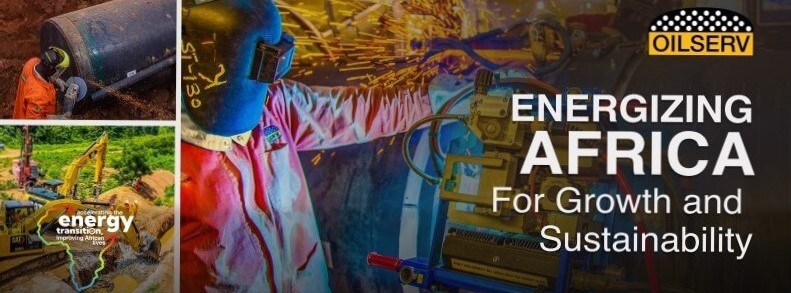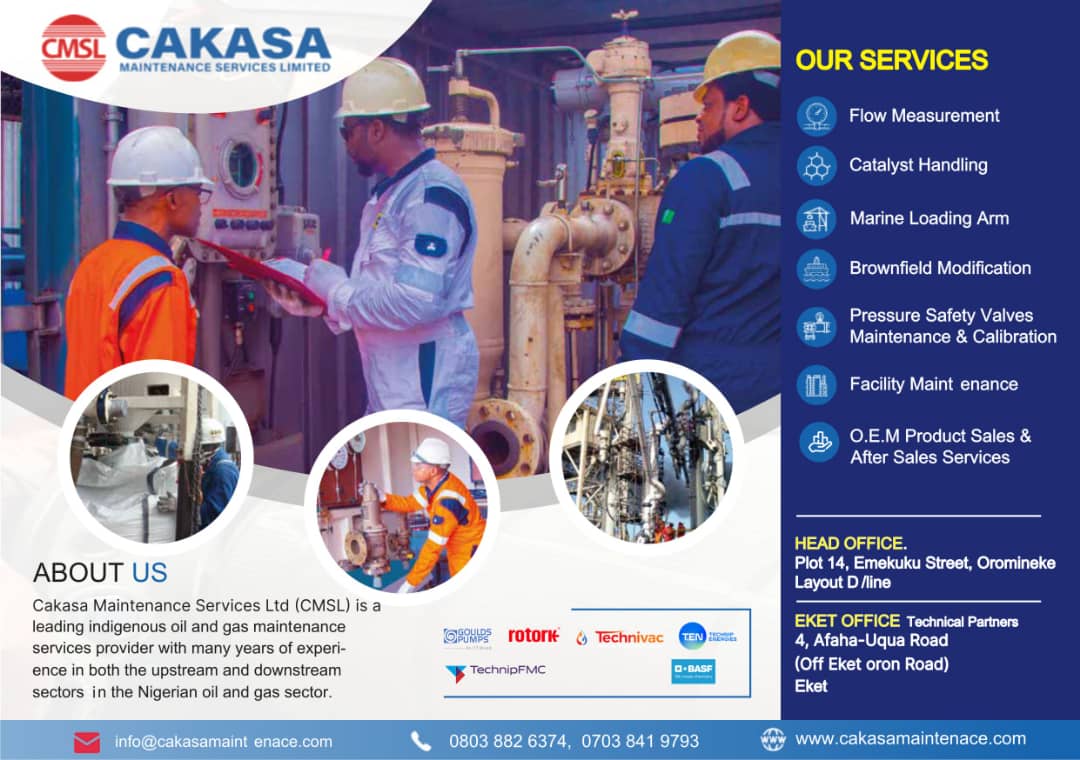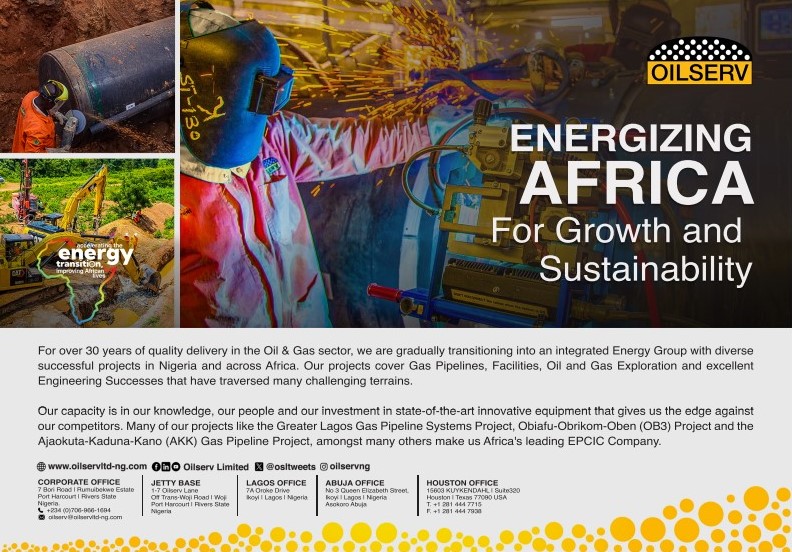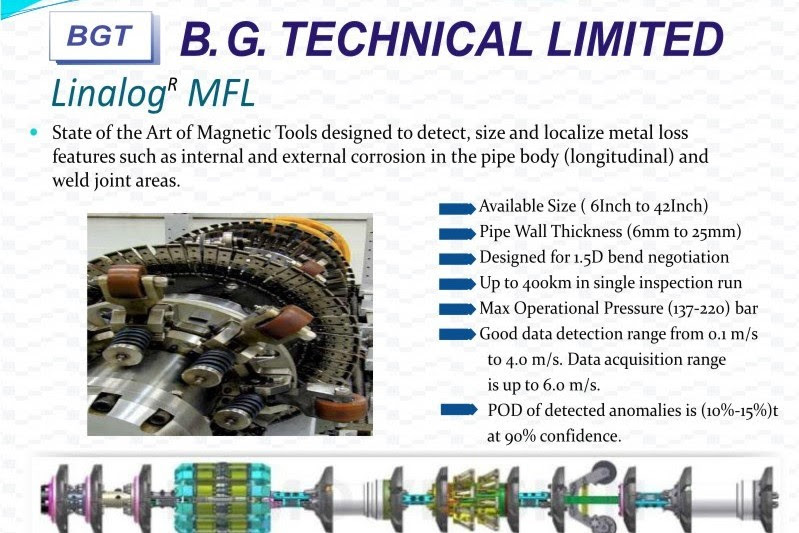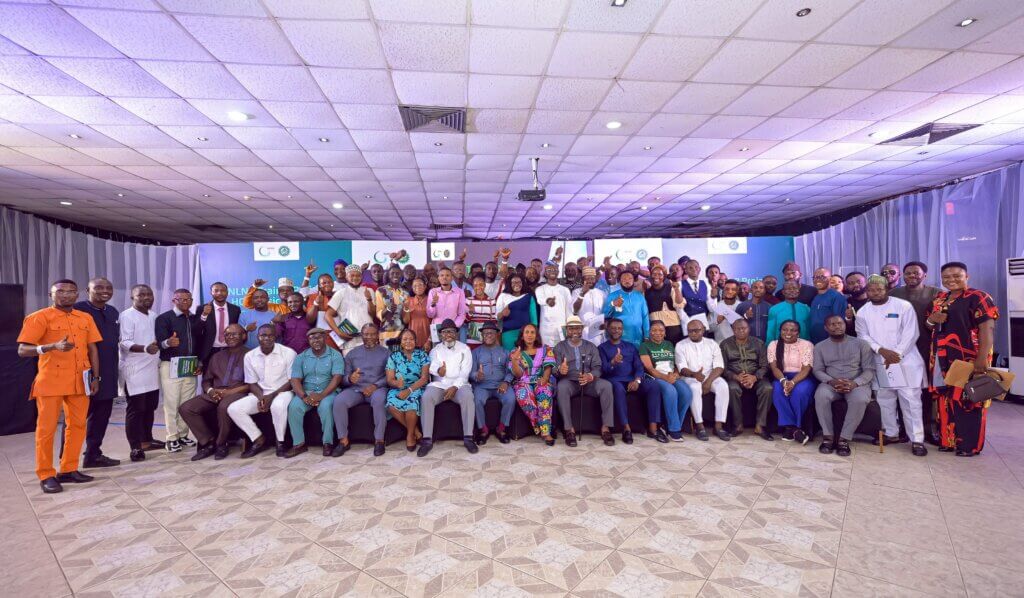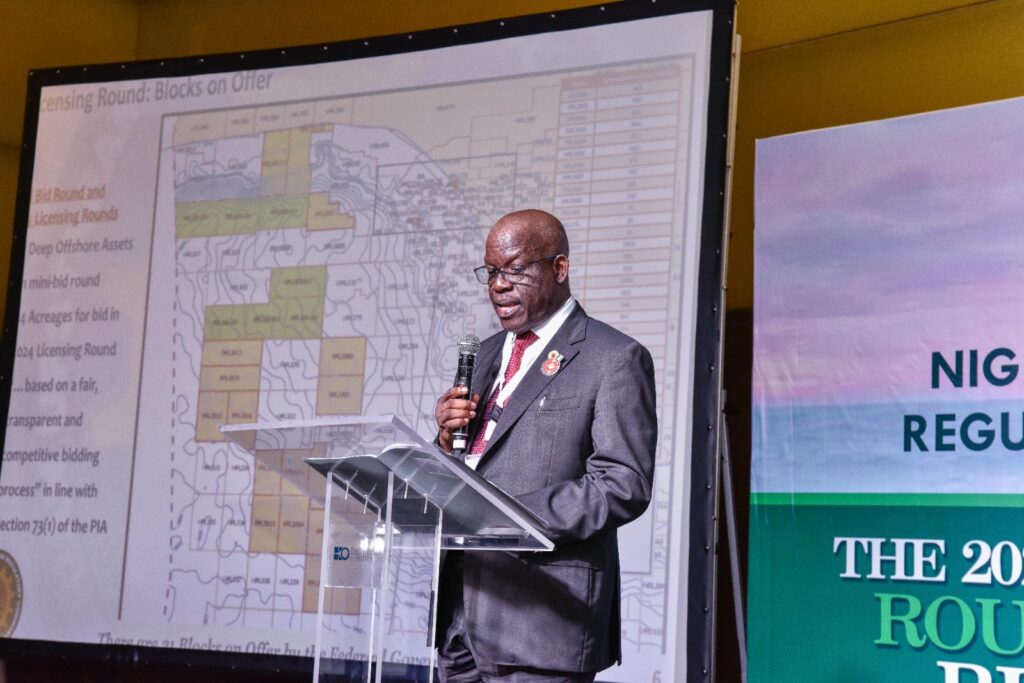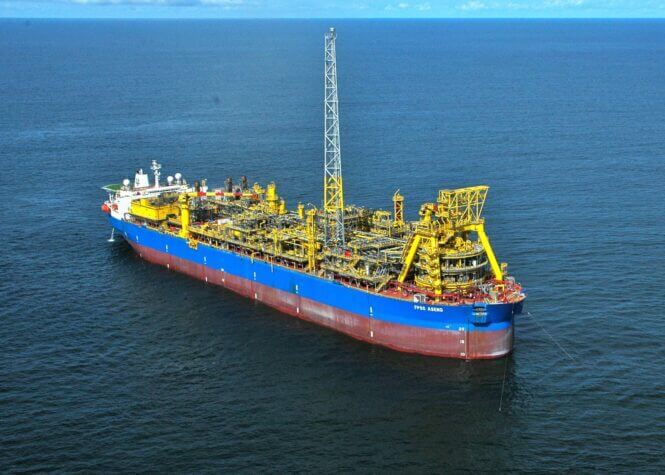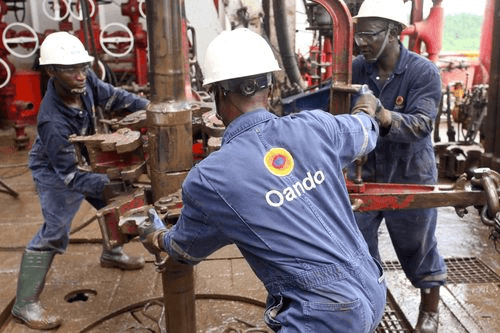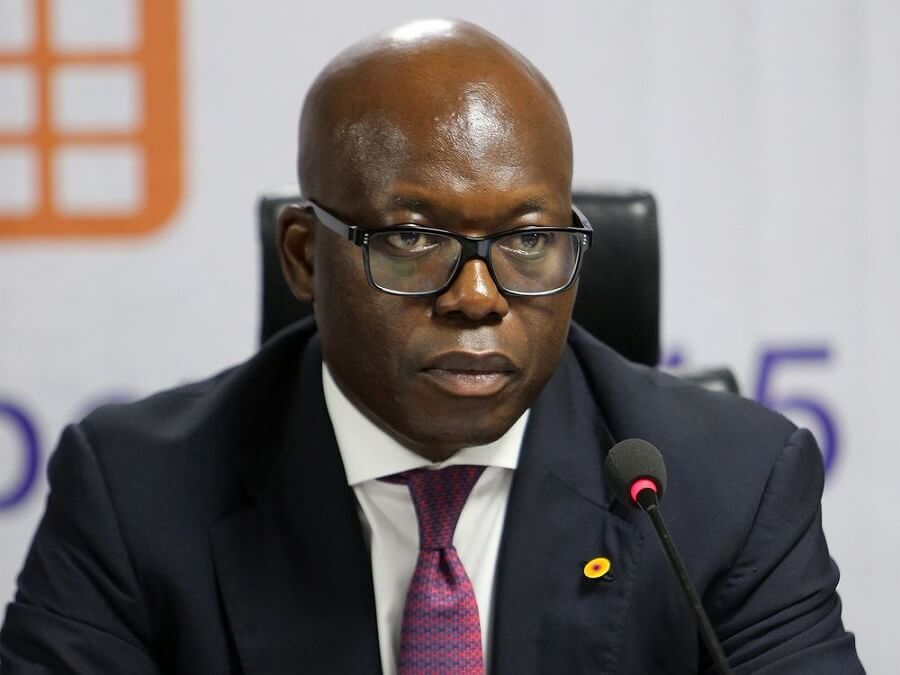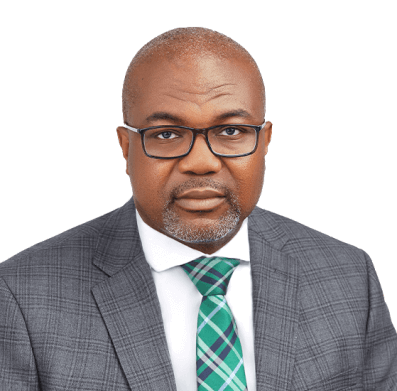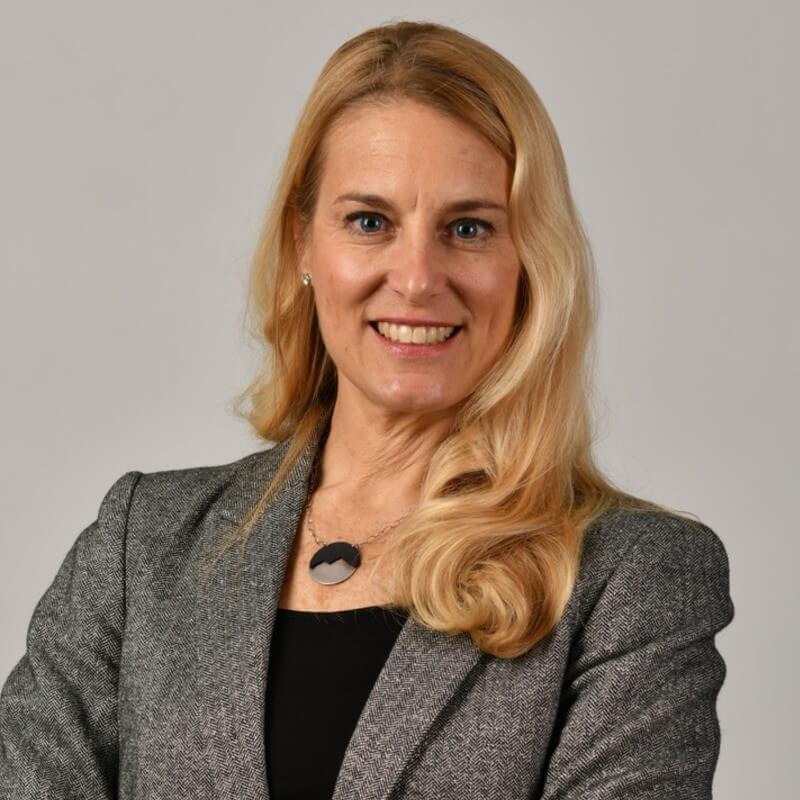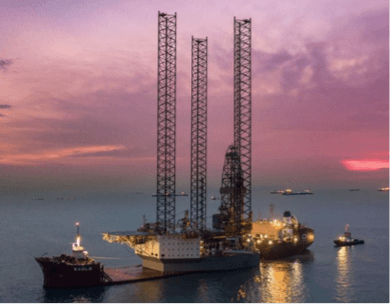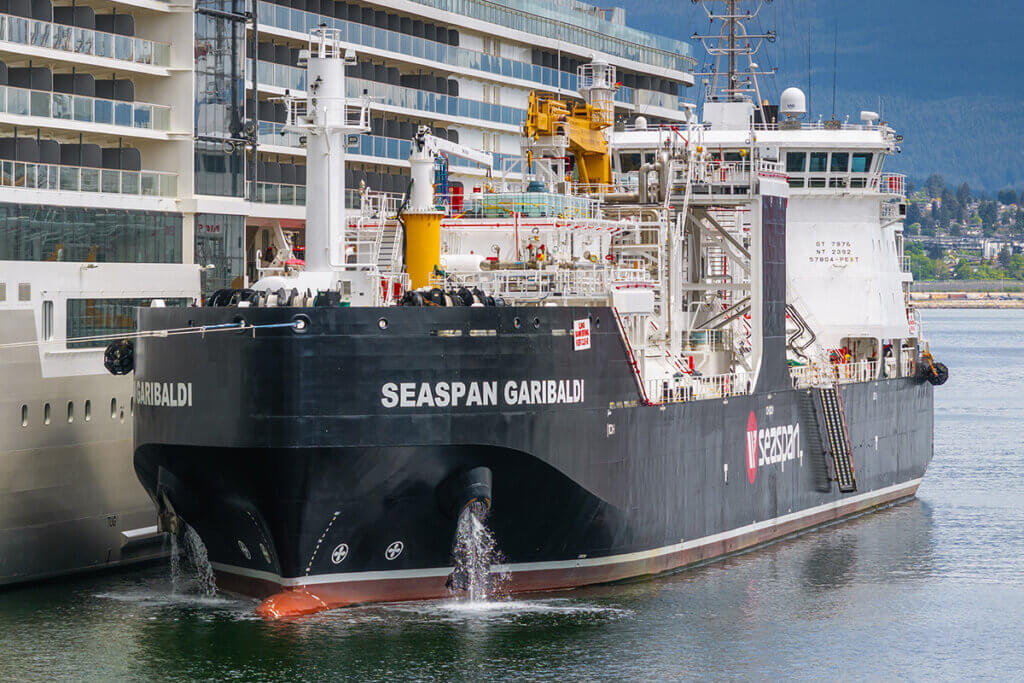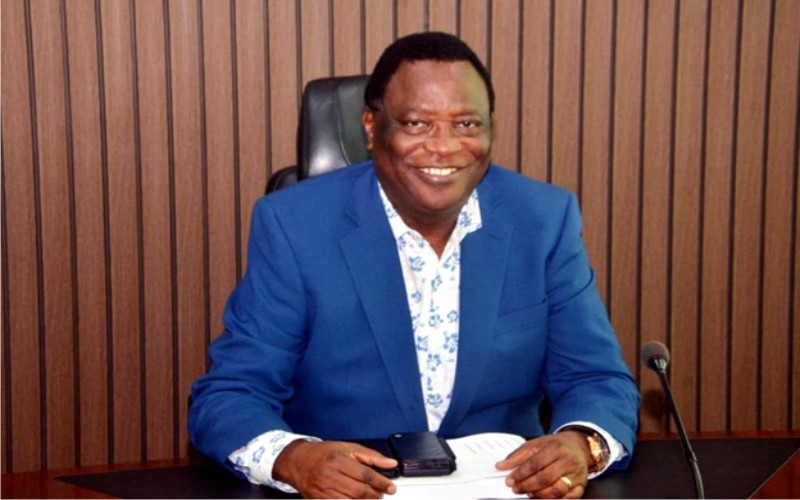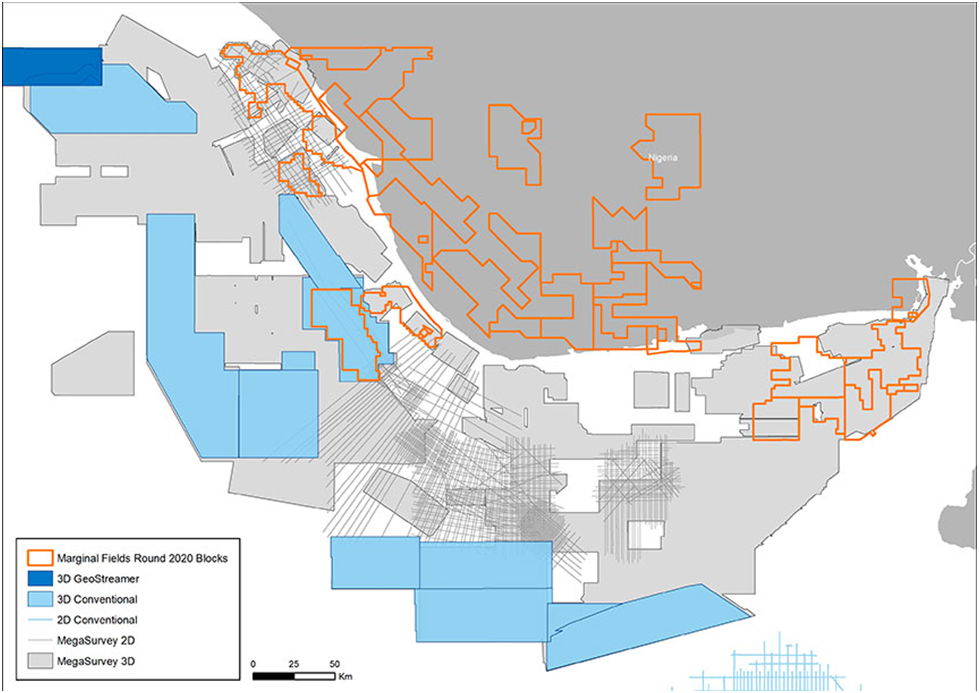
For the oil and gas industry, year 2020 remains unusual in the highs and lows of economic cycles. The downturn caused by COVID-19, however, has not only put many companies at risk but also oil-dependent nations like Nigeria. Defying the odds, the Federal Government, through the Department of Petroleum Resources (DPR), amid other measures, decided to leverage its marginal fields for the development of acreages and discoveries while opening various avenues for local capacity opportunities.
Nigeria’s marginal fields licensing rounds have been the cornerstone of the country’s upstream local content development strategy since the early 2000 and previous rounds gave birth to what are now strong local and regional African exploration and production (E&P) companies.
Indeed, previous rounds gave the opportunity for local players to make a difference in a sector that had been hitherto dominated by international oil companies and international independents.
Specifically, Nigerian marginal players such as AMNI Petroleum, Shoreline Energy, Aiteo, Neconde Energy, Seplat Petroleum or Belema Oil, among others, are now strong operators able to develop technically challenging fields; even as many featured in the on-going bid round.
The growth of marginal players has also brought a boost to the reduction of gas flaring in Nigeria, with several Nigerian marginal fields recognised under the UN Clean Development Mechanism for their successful reduction of flaring and valorisation of natural gas.
Following its marginal fields licensing rounds in the 2002/03 rounds, which saw the award of 24 fields to 31 indigenous companies, Nigeria’s Department of Petroleum Resources (DPR) last year, released guidelines on the 2020 licensing round. Under the 2020 licensing round, a total of 57 fields located onshore, swamp, and shallow offshore terrains are on offer exclusively to local operators while opening up various avenues for partnerships with international capital and technology providers.
With many oil-producing economies recording low revenue as a result of the COVID-19 pandemic, the DPR embarked on the licensing round, not just for field development but also to earn foreign exchange for the Federal Government.
The Guardian had reported that the Federal Government may earn no less than $5.7billion, if it succeeds with its on-going bid rounds for the 57 marginal oil fields being offered to investors.
Although the DPR did not put a specific cost to each oilfield, the regulator said the fields have lower cost of investment ($50-100 million) and risk of development as compared to major capital projects.
If all works according to projections, the additional $5.7billion expectations is much higher than the loans the government sought from Bretton Woods institutions within the last few months to address the effects of the coronavirus pandemic.
According to Wood Mackenzie, the 25 largest oilfields have the potential to unlock $9.4billion of investment over the first five years and generate over $38billion in revenue over the life of the fields.
Interestingly, over 600 companies indicated interests in the field in the thick of the pandemic.
Marginal Fields
In the Nigerian context, marginal fields include fields with reported reserves and production potential, which are however deemed marginal for a variety of reasons including having remained un-produced for a period of over 10 years. Notably, the marginal fields exist under current Oil Mining Leases (OMLs).
Such fields account for less than five per cent of the country’s total production output. An investor’s guide to Marginal Oil field acquisition prepared by the government says Nigeria has an estimated 2.3 billion barrels of crude oil reserves in over 183 fields classified as marginal.
The majority of the fields were previously held by Shell, ExxonMobil, Chevron and Total, with estimated total resources on offer around 800 mmbbl oil and 4.5 tcf gas.
According to the DPR, only nine marginal fields are currently producing from the 30 fields awarded during the last bid rounds, while 11 operators lost their oil licences over failure to meet government’s criteria to keep the licences 15 years after they were awarded the franchise.
DPR Director, Auwalu Sarki, in his response to some of the concerns at the early stage of the bid, said fields that are under litigation were not included in the 57 fields being offered to investors.
According to the DPR guidelines, wholly-owned indigenous oil companies and investors with substantially Nigerian interest operating as oil exploration and production businesses would participate in the bid for 57 oil fields put up for auction.
Also, companies whose promoters are either indebted to the government, or currently holding oil assets not operated in a business-like manner would not be pre-qualified to participate in the bid.
For the oil and gas industry, year 2020 remains unusual in the highs and lows of economic cycles. The downturn caused by COVID-19, however, has not only put many companies at risk but also oil-dependent nations like Nigeria. Defying the odds, the Federal Government, through the Department of Petroleum Resources (DPR), amid other measures, decided to leverage its marginal fields for the development of acreages and discoveries while opening various avenues for local capacity opportunities
According to the DPR, only nine marginal fields are currently producing from the 30 fields awarded during the last bid rounds, while 11 operators lost their oil licences over failure to meet government’s criteria to keep the licences 15 years after they were awarded the franchise.
DPR Director, Auwalu Sarki, in his response to some of the concerns at the early stage of the bid, said fields that are under litigation were not included in the 57 fields being offered to investors.
According to the DPR guidelines, wholly-owned indigenous oil companies and investors with substantially Nigerian interest operating as oil exploration and production businesses would participate in the bid for 57 oil fields put up for auction.
Also, companies whose promoters are either indebted to the government, or currently holding oil assets not operated in a business-like manner would not be pre-qualified to participate in the bid.
Eligibility and Bid Evaluation
As one of the key objectives of the marginal fields licencing round is to promote indigenous participation in the petroleum sector and to foster technological transfer. The licensing round is exclusively intended for participation by indigenous companies. That is, firms duly registered to carry out E&P operations in Nigeria with 100% indigenous shareholding.
In managing the bid exercise, the DPR developed a transparent process flow for this process through its published guideline on the award process, otherwise known as the Guidelines for the Award and Operations of Marginal Fields in Nigeria, where it outlined the nine key steps involved in the round.
Sarki said the last bid round conducted in 2003 was fraught with litigation and other challenges, which hampered the development of some of the awarded 24 marginal oilfields to the detriment of the nation.
He expressed optimism that the current exercise, which is at the evaluation stage, would not encounter similar issues because of the processes put in place by the government.
The DPR boss said: “We have learnt from mistakes made in the past and have come up with workable solutions to ensure that the objective of the development of our marginal fields is achieved.
“This time around, our awardees will be credible investors with technical and financial capability.
“There is also the Post-General Award Conditions. This deals with transfer of interest post award. It means awardees cannot transfer more than 49 per cent interest to another party post-award.
“The conditions also include termination of rights of interest holders which gives the minister the power to withdraw the interest of a party who fails to meet its obligations in terms of joint awardees.”
He noted that the ADR would reduce the years spent in courts over disputes that usually led to non-performance of the marginal fields, saying that the government would henceforth withdraw such awards.
“We believe that these steps will bring about a sustainable development of our marginal fields,” the director said.
He added that the objective of the 2020 marginal field bid round is to deepen the participation of indigenous companies in the upstream segment and provide opportunities for technical and financial partnerships for investors.
According to him, the existing 16 marginal oil fields contribute two per cent to the national gas reserves and their operations have brought peace and development to host communities in the Niger Delta as well as numerous employment opportunities to indigent youth.
Due to the capital-intensive nature of oil and gas operations, and current liquidity constraints due to the historic crash of oil prices and the COVID-19 pandemic, it is very likely that existing and future Nigerian operators of marginal fields will be on the lookout for regional and international partners.
As such, direct and indirect participation of international players is possible within marginal plays in Nigeria, be it under services or technical assistance contracts from technology providers or under capital injections from funds or private equity investors.
Bid Process and Timelines
The licensing round implicates a carefully laid out process, including the negotiation of farm-out agreements with holders of the OMLs (Farmors) within which the marginal fields exist. The Farmors will be entitled to an over-riding royalty interest as well as a negotiated $/bbl tariff for hydrocarbons transportation/processing.
Last week, the DPR announced that it had shortlisted 161 successful companies to advance to the next and final stage of the bid round process for the 57 marginal oilfields.
While making the disclosure last Thursday, in Lagos, the Head, Public Affairs of DPR, Paul Osu, said the firms were selected from the more than 600 companies that applied for pre-qualification.
Osu said: “The 2020 marginal oilfield bid round process is still ongoing in line with our published timelines on DPR’s website and bid portal. The current status is that 161 successful companies have been shortlisted to advance to the next and final stage of the process.”
He noted that the bid rounds began on June 1, with the DPR putting measures in place to ensure that the awardees would be credible investors with technical and financial capabilities.
Being the second marginal fields bid round to be conducted in Nigeria, aside the transparent process emplaced by the industry regulator, the greater success of the exercise lies in the outcome of the Joint Operating Agreement (JOA), where more than one company bids for, and is awarded a marginal field. The JOA is a condition precedent to the execution of the farmout agreement that will be negotiated and executed by the parties to regulate their combined operations in the field.
Opportunity for Nigeria, investors
Already, some successful marginal field players like Seplat Petroleum Development Company Plc, have also expressed interest in acquiring more assets.
Seplat’s Chairman, Dr. ABC Orjiako, recently said the company was continuously looking at acquisition opportunities
“We concluded a very successful acquisition in 2019, despite the collapse of oil price globally and despite the hardship in the global economy. We remain focused on acquisitions. We have continuously said that we are very committed to price sensitive acquisitions, and that means, we do not overpay. So, as the industry changes, it means that the prices that buyers are willing to pay will continue to change, and we will adapt and continue to do our acquisitions,” he added.
According to Wood Mackenzie, opportunities clearly exist in Nigeria’s 2020 marginal field bid round, even as it warned that investors will need to carry out an in-depth screening process to assess the commercial viability of the fields on offer and identify high potential targets.
“Our commercial review gives investors the data and insights to screen opportunities using their own priorities. In addition, the ability to design robust field development plans will be key to optimising the initial capital investment, time to first oil, subsequent developments opportunities, and cash flows,” it added.
DPR Director, Auwalu said: “The industry has grown over the years from exploration licences granted to several companies to having strong national aspirations. We have nine basins that are critical to the nation, both for oil and gas. We have technical capacity to produce 2.79mmb/d. About 200% of proven reserves produced in Nigeria in 1970 were replaced by new reserves. The oil and gas sector remain critical in driving the economy.
“DPR’s licence remains an enabler of investments. We are also trying to ensure that standards are being followed through conformity assessment and technology adaptation.”
